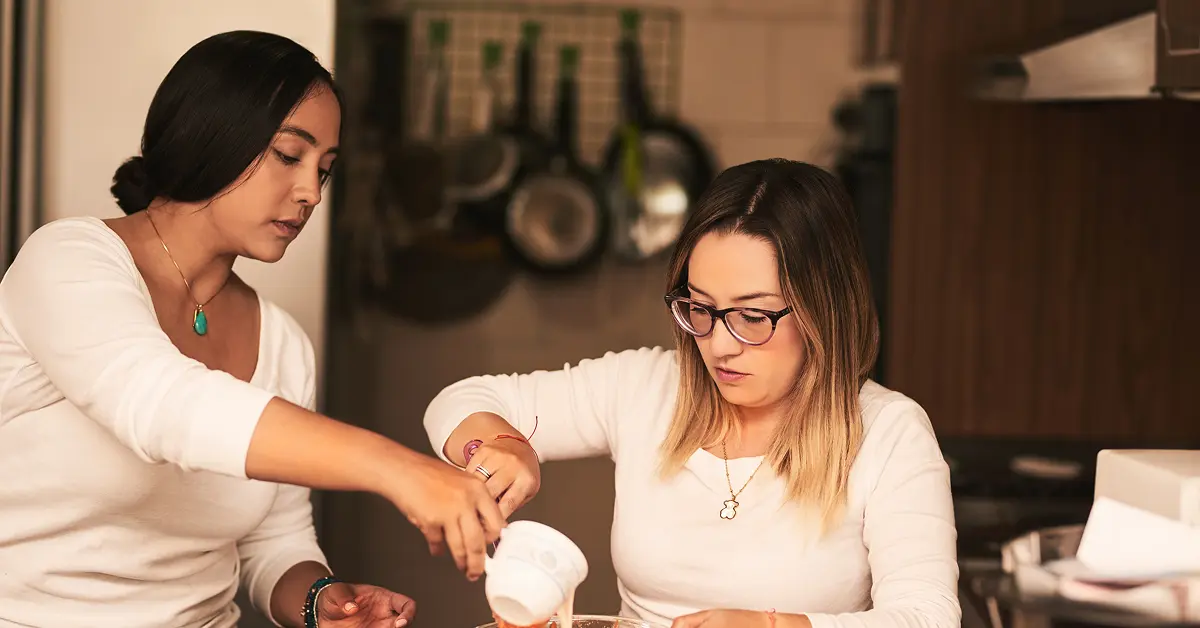In India, the demand for skilled caregivers is growing rapidly due to the increasing elderly population, rise in chronic illnesses, and a growing preference for in-home care. Whether you're new to caregiving or an experienced professional, having the right certifications can significantly boost your credibility, skill set, and earning potential.
Let’s explore the most important certifications every professional caregiver should consider in India.
Basic Life Support (BLS)
Why it matters: This certification teaches life-saving techniques such as CPR (Cardiopulmonary Resuscitation), use of an AED (Automated External Defibrillator), and basic emergency responses.
Where to get certified: Indian Red Cross Society, St. John Ambulance, or private hospitals offering CPR training courses.
Duration & Cost: 1–2 days; ₹1,500–₹3,000.
Geriatric Care Certification
Why it matters: This certification focuses on the physical, emotional, and social needs of older adults.
Where to get certified: IGNOU, Apollo Medskills, and private caregiving institutes.
Duration & Cost: 3–6 months; ₹5,000–₹20,000.
Home Health Aide (HHA) Certification
Why it matters: Ideal for caregivers working in home settings with focus on hygiene, nutrition, mobility assistance, and daily support.
Where to get certified: NSDC via PMKVY scheme.
Duration & Cost: 3–4 months; often free or subsidised.
First Aid Certification
Why it matters: Teaches basic emergency response to injuries like cuts, burns, and choking.
Where to get certified: St. John Ambulance, Red Cross India, or private healthcare centres.
Duration & Cost: 1 day; ₹1,000–₹2,000.
Dementia and Alzheimer’s Care Training
Why it matters: Specialised training for working with elderly patients facing memory and cognitive challenges.
Where to get certified: ARDSI, Udemy, Coursera, and local health organisations.
Duration & Cost: 2–6 weeks; ₹2,000–₹8,000.
Nutrition and Personal Care Training
Why it matters: Helps manage dietary plans, hygiene, and daily health maintenance.
Where to get certified: IGNOU, NIOS, or nutrition institutes.
Duration & Cost: 1–3 months; ₹3,000–₹10,000.
Palliative and Hospice Care Training
Why it matters: Prepares caregivers to handle end-of-life care with compassion and professional knowledge.
Where to get certified: Cipla Palliative Care, CanSupport, and private medical institutes.
Duration & Cost: 1–3 months; ₹5,000–₹15,000.
Disability Support Worker Certification
Why it matters: Designed for those caring for people with physical or mental disabilities.
Where to get certified: National Institutes under the Department of Empowerment of Persons with Disabilities.
Duration & Cost: 3–6 months; ₹8,000–₹25,000.
Communication and Soft Skills Training
Why it matters: Enhances empathy, patience, and communication—key qualities in caregiving.
Where to get certified: NSDC, caregiving academies, and PMKVY programs.
Duration & Cost: 1 month; ₹0–₹2,000.
International Caregiver Certification
Why it matters: Especially useful for caregivers planning to work abroad or in international agencies.
Where to get certified: Online platforms like ACA (American Caregiver Association) or ICA (International Caregiver Association).
Duration & Cost: 1–2 months; ₹10,000–₹25,000.
Why Certifications Matter in India
- Better Job Opportunities: Employers prefer trained and certified caregivers.
- Higher Earnings: Certified caregivers can earn ₹15,000–₹40,000/month.
- Trust Factor: Families trust caregivers with documented training and skills.
Conclusion
The caregiving industry in India is evolving, and with it comes the need for higher standards and professional qualifications. By earning the right certifications, you not only improve your skills but also increase your job prospects and earning potential. Begin with foundational training and continue upgrading your qualifications over time.
Contents
- Basic Life Support (BLS)
- Geriatric Care Certification
- Home Health Aide (HHA) Certification
- First Aid Certification
- Dementia and Alzheimer’s Care Training
- Nutrition and Personal Care Training
- Palliative and Hospice Care Training
- Disability Support Worker Certification
- Communication and Soft Skills Training
- International Caregiver Certification
- Why Certifications Matter in India
- Conclusion
Our 24*7 services
Latest Posts
- What Is Respite Care and Why Is It Important
- Affordable home care for senior citizens in India
- Caring for Seniors with Dementia or Alzheimer's at Home
- Senior Caregiving A Guide for Every Family
- How to Write a Caregiver Resume That Gets You Hired
- How Care After Hospital Discharge Speeds Up Recovery at Home
- How to Get Home Health Care for Seniors Through Medicare
- What Does a Senior Citizen Caregiver Really Do at Home
- How to Care for Elderly Parents with Alzheimer’s or Dementia
- How to Get 24-Hour Care for Seniors at Home



